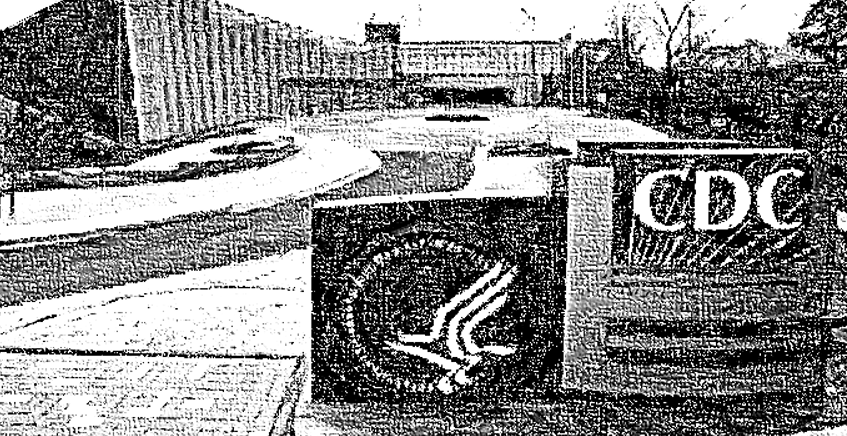
When Public Health Is Reframed Against Itself: A Critical Look at CDC’s New Priorities
Public health professionals across the country work daily to build trust, protect communities, and advance equity. So when the Centers for Disease Control and Prevention (CDC), long considered the world’s leading public health agency, updates its priorities, we all pay attention. Unfortunately, the newly released priorities statement raises serious concerns.
While it speaks the language of “gold-standard science” and “trust,” much of its framing and policy direction undermines core principles of public health. Below are some of the most troubling elements.
Narrowing Public Health to Fit Political Agendas
The document repeatedly positions CDC’s mission as aligned with the goals of President Trump and HHS Secretary Kennedy, rather than as a science-driven, nonpartisan enterprise. Public health is at its strongest when grounded in independent, evidence-based decision-making—not when it is reshaped to serve short-term political agendas. By tying CDC’s legitimacy to partisan initiatives like the “Make America Healthy Again” Commission, the agency risks further eroding public trust.
Undermining Health Equity
The statement explicitly deprioritizes diversity, equity, and inclusion (DEI) initiatives and critiques “ideologically laden concepts like health equity.” This framing misrepresents decades of evidence showing that structural racism, poverty, and other systemic inequities directly shape health outcomes. To claim that documenting health disparities has not led to improvements is misleading at best. Health equity isn’t “ideology”—it is the bedrock of effective, just public health practice.
Rolling Back Harm Reduction
The priorities document explicitly rejects evidence-based harm reduction approaches, such as safe consumption sites and Housing First models, despite overwhelming research that these interventions save lives, reduce overdoses, and stabilize communities. By prioritizing punitive approaches like criminalization, enforcement, and forced treatment, CDC risks worsening the overdose crisis, driving more people into unsafe conditions, and undermining trust in health systems.
Politicizing Gender-Affirming Care
The section on “gender ideology” and “protecting children” marks a stark departure from science-based public health. Major medical associations, from the American Academy of Pediatrics to the American Psychiatric Association, support access to gender-affirming care as evidence-based and, for many young people, lifesaving. By rejecting these practices and framing sex as “unchangeable,” CDC is inserting itself into politicized debates rather than adhering to evolving scientific and clinical consensus.
Restricting Reproductive Health
The priorities explicitly bar taxpayer funds for elective abortion and reframe maternal health through a narrow “protecting life and family” lens. While constrained by the Hyde Amendment, public health leaders know that access to safe, legal abortion is a critical determinant of maternal health, economic security, and gender equity. Prioritizing ideology over comprehensive reproductive healthcare undermines both science and women’s health outcomes.
Distrust Framed as “Restoring Trust”
The repeated emphasis on “restoring trust” is presented as if mistrust stems primarily from “inconsistent messaging” or “ideological drift.” But mistrust has largely grown from political interference, underfunding, and deliberate attacks on public health institutions. Ironically, these new priorities double down on political interference and ideological policing, threatening to further erode the very credibility they claim to restore.
What This Means for Public Health Advocates
Public health thrives when it is:
- Independent: free from political interference.
- Equity-driven: committed to addressing systemic drivers of poor health.
- Evidence-based: guided by research, not ideology.
- Community-centered: responsive to real-world needs and lived experiences.
The CDC’s new priorities depart from these principles. By sidelining equity, rejecting harm reduction, politicizing care for LGBTQ+ youth, and narrowing reproductive health, this statement reorients public health away from its core mission: protecting and advancing the health of all people.
A Call to Action
For those working inside and alongside public health:
- Name the threats: We cannot accept anti-public health framing disguised as “restoring trust.”
- Defend equity and harm reduction: Continue to champion interventions proven to save lives and reduce disparities.
- Build community trust: Stay rooted in relationships with the people and communities public health serves, not political directives.
- Advocate fiercely: Push for evidence, compassion, and justice to remain at the center of public health.
Public health is more than a political talking point. It is a commitment to collective well-being, grounded in evidence, equity, and compassion. We must not let that be rewritten.


